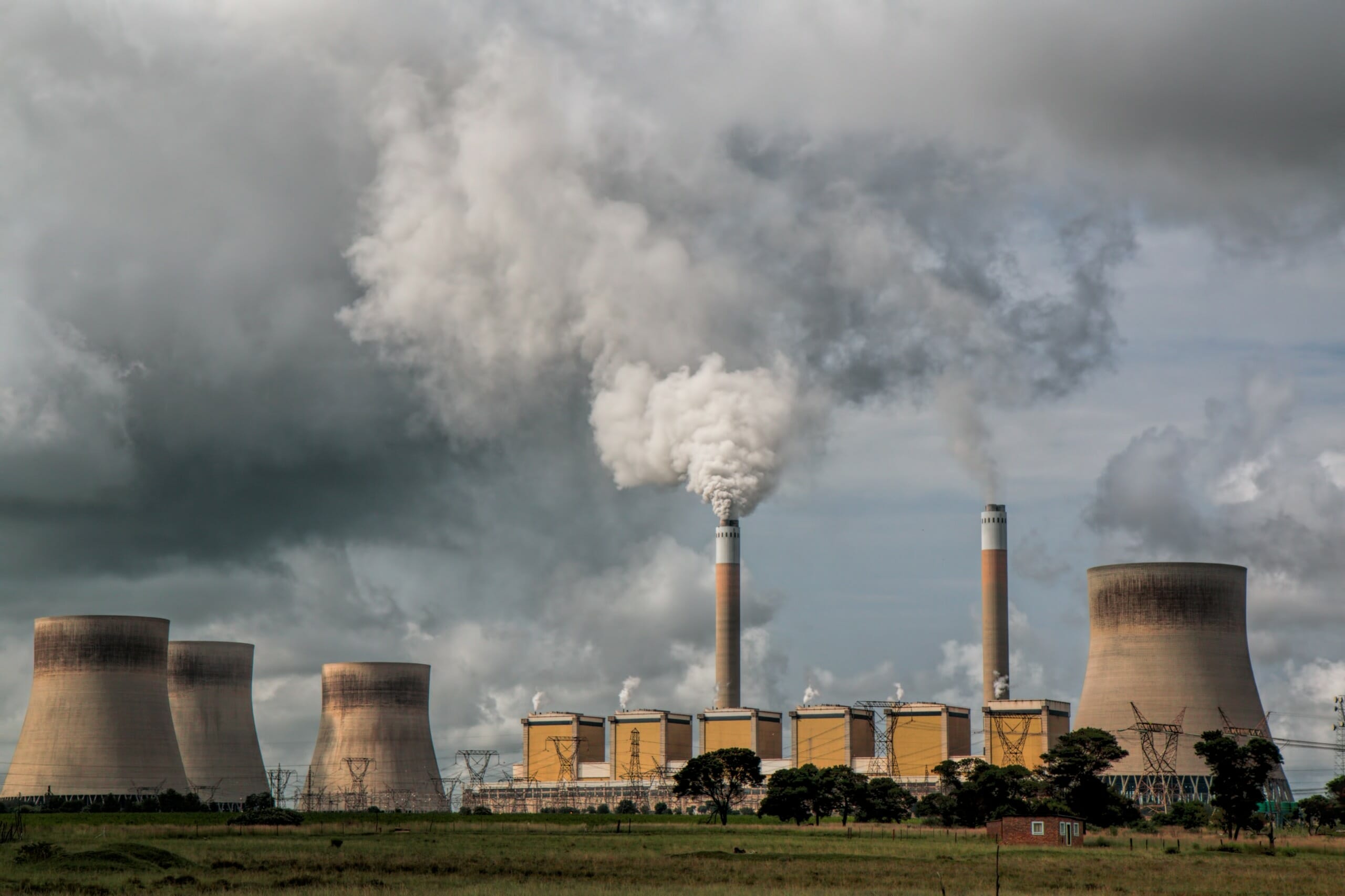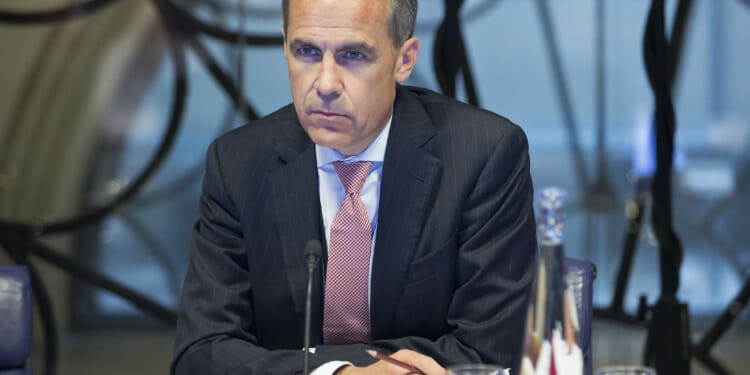Mark Carney, former governor of the Bank of England, and the UN’s special envoy on climate action and finance, has stated that fossil fuel assets will likely become worthless if action is not taken to decarbonise sooner.
Speaking to CNBC’s Steve Sedgwick for the Sustainable Future Forum, Carney said that it was necessary to “retool the plumbing” of financial markets so that decisions are made with climate change taken into account. If action is not taken, these assets are at risk of becoming “stranded”.
“Stranded assets” are assets that lose value typically due to changes in technology, the market, or consumer habits. In the context of climate change, this is typically used to describe assets in fossil fuels: that includes both the equipment and resources required to create energy from fossil fuels.
With more and more climate pledges and net-zero targets being set, there are concerns that fossil fuel assets could lose their value as the world moves towards renewables.
By Glasgow @COP26, the world will know which banks, asset managers and asset owners are part of the solution to climate change and which remain part of the problem. #ClimateWeekNYC #GFANZ pic.twitter.com/blh7htJa3A
— Mark Carney (@MarkJCarney) September 21, 2021
Carney further emphasised the importance of “supporting those generation mechanisms that will help get us to ramp up and allow us to ramp up net zero power as quickly as possible.”
Carney is the leader of the Glasgow Financial Alliance for Net Zero (GFANZ), a group consisting of members from across the financial system all committed to net-zero emissions by at least 2050. The members of this coalition are responsible for financial assets totalling $90 trillion.
Notably, however, Carney’s former employer, Goldman Sachs, has refused to join GFANZ.
Understanding financialisation and the importance of the financial sector
The financial sector has an important part to play in the world’s move towards decarbonisation and net zero, assuming it maintains its power and influence over the global economy. Since the 1980s, many countries have moved away from industrial capitalism, where the economy is centred around manufacturing, to an economy that focuses more on finance and financial services. This has occurred in some of the wealthiest countries in the world, including the US and the UK.
For this reason, the global value of financial assets has sharply increased since 1990, at which point it stood at $56 trillion, 263% of global GDP. By 2010, that figure reached $219 trillion.

The power of asset managers
With financialisation comes asset managers. Asset managers have a surprisingly important role in the corporate world. These days, many large corporations are owned by asset managers: BlackRock, the largest of these managers, owns $9 trillion in global assets. This is alongside an increase in financial portfolios that are incredibly diverse, with managers investing in all different types of industries and assets.
So it makes sense that Carney is calling for more action to mobilise these assets before it is too late.
Related Articles: To Fund Energy Transition, EU Launches Record Breaking Green Bond Programme | $178Bn Investment Portfolio For Climate Emergency – Asset Management the Dutch way | Mobilizing The Finance Sector Towards Net-Zero Commitments
Will stranded assets burst the “carbon bubble”?
Managers might look at their assets and see a total worth trillions of dollars. However, if much of those assets are in fossil fuels, they might become worthless if or when countries start banning their use.
This is why there is concern around a “carbon bubble”, whereby exactly this happens: a 2018 study predicts that between $1 trillion and $4 trillion could be wiped off the global economy in fossil fuel assets alone, if long-term investments in this industry lose their value.

This could explain some of the reluctance that countries and industries have to decarbonise. Without a clear plan to move certain industries away from fossil fuels, vast amounts of money could be lost.
A number of countries have secretly lobbied the United Nations to play down the importance of decarbonisation. This includes Australia, which is facing a difficult situation as China has recently pledged to stop accepting coal imports from the country. In 2019, the exports were estimated to amount to 1.3% of Australia’s GDP.
Making a green transition workable
Of course, simply continuing as normal and using up these stranded assets is not an option if we want to keep to warming of 1.5 degrees C. Stronger commitments to decarbonisation are definitely also required. Given the power of asset managers, and by extension the financial sector, pushing more firmly on the sector to take more action on a green transition would be positive for global climate action. Reining in the sector would likely give governments more ability to transition economies away from these assets.
We have to face the fact that fossil fuels will, or at least should, become obsolete in the near future. The question is how to get to that point in a way that doesn’t collapse the global economy.
Editor’s Note: The opinions expressed here by Impakter.com columnists are their own, not those of Impakter.com. — In the Featured Photo: Mark Carney. Featured Photo Credit: Bank of England.







